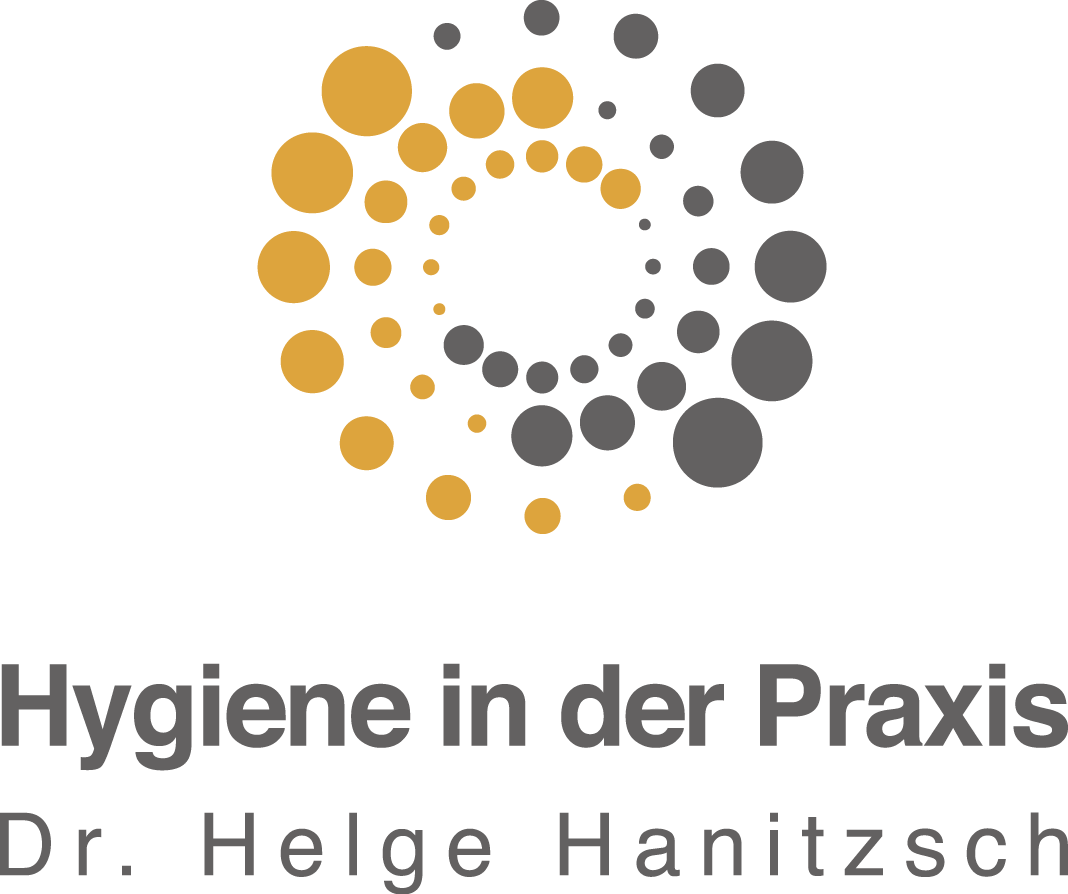
| Keyword | Description |
| Hygiene | Hygiene is according to the definition of the German Society for Hygiene and Microbiology the “doctrine of prevention of diseases and the preservation, promotion and consolidation of health” The word hygiene is derived from Greek and means “health serving”. Hygiene in the narrow sense refers to the measures to prevent infectious diseases, in particular cleaning, disinfection and sterilization. In everyday language, the word hygiene is also mistakenly used as a synonym of cleanliness, but it covers only a small part of the task group of Hygiene. (Source: Wikipedia) |
| Surface Disinfection | Applied terminology “surface disinfection” is understood in medicine as systematic germ reduction by application of disinfectants (clean) surfaces, especially in outpatient or inpatient medical facilities. (Source: HI Schubert / DockCheck) |
| Robert-Koch-Institut (RKI)
|
The Robert Koch Institute (acronym RKI), in his own writing Robert Koch- Institute or Logo Robert Koch Institute) is a Federal Institute of Infectious Diseases and Non-Communicable Diseases in Berlin-Wedding and a central monitoring and research institution of the Federal Republic of Germany. It is named after the physician and microbiologist Robert Koch and the Federal Ministry of Health (BMG) directly subordinated. (Source: Wikipedia) |
| Technical Rules for Biological Agents (TRBA) | The Technical Rules for Biological Agents (TRBA) reflect the state of the art, occupational medicine and industrial hygiene and other scientific knowledge relating to activities involving biological agents, including their classification. They are determined by the Committee for Biological Agents (ABAS) and/or adapted by the Federal Ministry of Labour and Social Affairs announced in the Joint Ministerial (GMBl). |
| EurAS-Cert | The EurASCert is a certification body authorized by European standards with headquarters in Switzerland and offices in Austria and Germany. This is an impartial and professionally independent body for certification of persons and courses. It confirms the proven competence of experts and speakers. The procedures are carried out according to internationally accepted criteria of the standard DIN EN ISO / IEC 17024 |
| professional cooperative regulations (BGV) | The professional cooperative regulations (BGV) are the accident prevention regulations issued by the German professional associations. These rules apply to all workers in the Federal Republic of Germany and deal with many aspects of health, such as first aid for accidents at work, the design of work and the activities of security officers and company doctors. In 2014 BGV has been merged as DGUV (German Social Accident Insurance) summarized rules 1-84. The DGUV rules contain almost identical provisions of BGV A1 and GUV-V A1, which were overridden and transferred to a provision. The DGUV regulations represent so-called autonomous law of professional associations and are binding on the members of the professional associations. As important BGV regulation applies the DGUV-provision 1 – Principles of prevention – that the old BGV A1 has 2004 again “streamlined” and replaced on August 1, 2014. (Source: Wikipedia 2016) |
| State of the art | Concept, which was originally used in environmental legislation. State of the art referres to advanced processes, equipment or modes of operation which are likely in practice to secure the best possible limitation of hazards of public safety without compromising the environment. In order to succeed specified proven measures shall be. It is crucial that the technical testing is sufficient in a case. For example, are the TRBA 250 the prior art again, which is even cited by the RKI. |
| Association of Hygiene Professionals in the Federal Republic of Germany (VHD) | The Association of Hygiene Professionals in the Federal Republic of Germany e. V. hereinafter referred to as “VHD” is filled in the Register Essen VR 2668. The VHD represents the interests of hygiene professionals and Hygiene Officer in healthcare facilities. The VHD acts in various hospital relevant bodies such as the scientific advisory committee of the campaign “Aktion saubere Hände” and is also represented in the German Nursing Council. |
| Ambulatory and/or walk-in clinic | Is a summary of various specialists in a “major surgery”, or outpatient office with or without binding to a hospital (MVZ) or similar in a polyclinic. |
